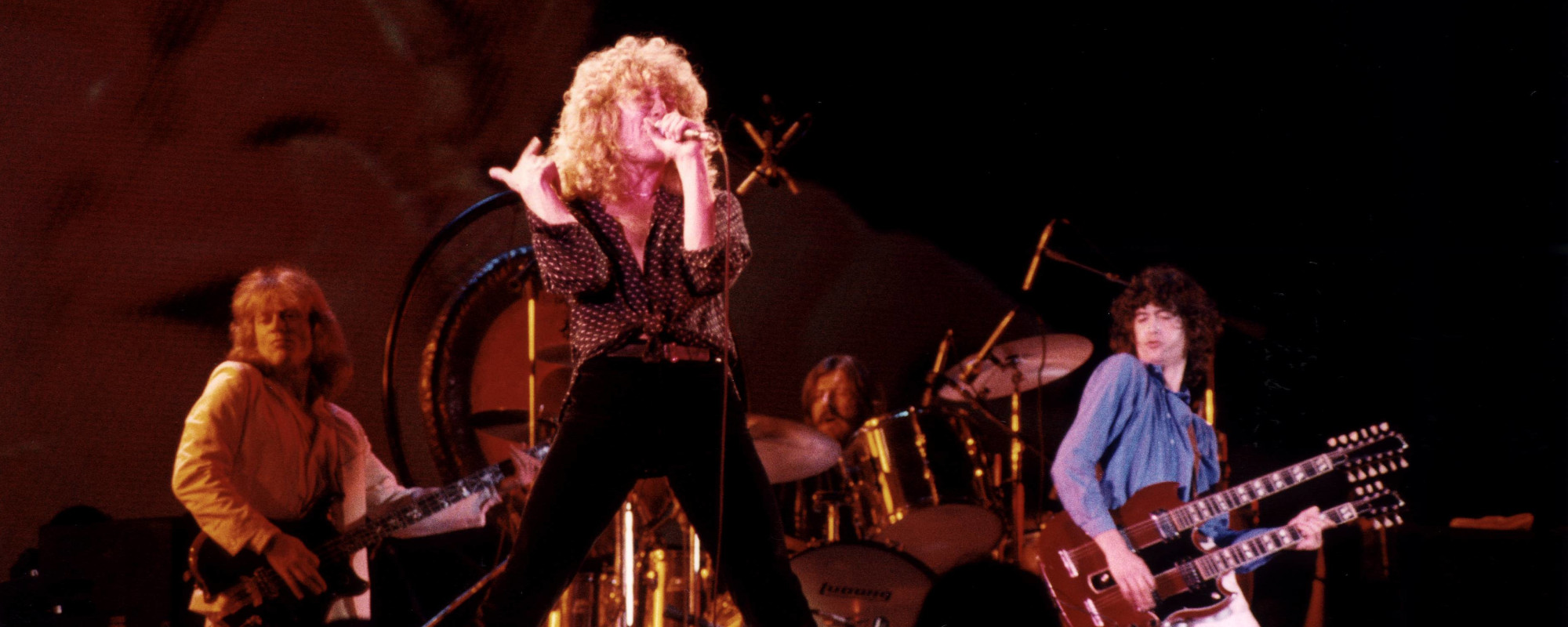When we think of the Rolling Stones, the first people to come to mind are usually Mick Jagger, Keith Richards, Ronnie Wood, Charlie Watts, and Bill Wyman. There have been other members of the band who have come and gone, but one person remained a crucial member even after he was kicked out of the band (call that Schrödinger’s Rolling Stone).
Videos by American Songwriter
Ian Stewart served as the Rolling Stones’ keyboard player and member of their management from the very beginning. He was a co-founder of the band in 1962 after being the first to respond to Brian Jones’ ad in Jazz News, according to Bill Wyman’s 2002 book Rolling With the Stones.
Stewart was a fan of boogie-woogie and blues piano, and he impressed everyone in the band with his skills. After Stewart joined Jones in May, Jagger and Richards joined in June. Along with Dick Talyor and Mick Avory, the original lineup was complete. They played their first gig billed as The Rollin’ Stones. Wyman and Watts would join in December ’62 and January ’63.
Ian Stewart Remained a Solid Foundation of the Rolling Stones Until His Death in 1985
Ian Stewart was a crucial member of the Rolling Stones from the beginning. He was a fixture in the band until their manager removed him in May 1963. Andrew Loog Oldham suggested that Stewart should no longer appear on stage. He claimed that six members was too many for a rock band.
“[Stu] might have realized that in the way it was going to have to be marketed, he would be out of sync, but that he could still be a vital part,” Keith Richards said in the 2003 book According to the Rolling Stones. Apparently, Oldham felt that Stewart, who was older and burlier than the rest of the band members, didn’t quite fit the image he was curating.
Richards continued, “I’d probably have said, ‘Well, f–k you’, but he said ‘OK, I’ll just drive you around.’ That takes a big heart, but Stu had one of the largest hearts around.”
Stewart remained with the Rolling Stones until his death. First he loaded equipment and drove the band to gigs. He would also set up Charlie Watts’ drums and replace guitar strings. Essentially, he became a roadie and guitar tech.
He still got to play keyboard for the band, though. For the first few decades of the band’s career, he continued to play piano and organ on their records. The band respected Stewart, and came to him for constructive criticism when writing songs.
“He really helped this band swing, on numbers like ‘Honky Tonk Women’ and loads of others,” Mick Jagger said after Stewart’s death. “Stu was the one guy we tried to please. We wanted his approval when we were writing or rehearsing a song. We’d want him to like it.”
Featured Image by Archive Photos/Hulton Archive/Getty Images












Leave a Reply
Only members can comment. Become a member. Already a member? Log in.